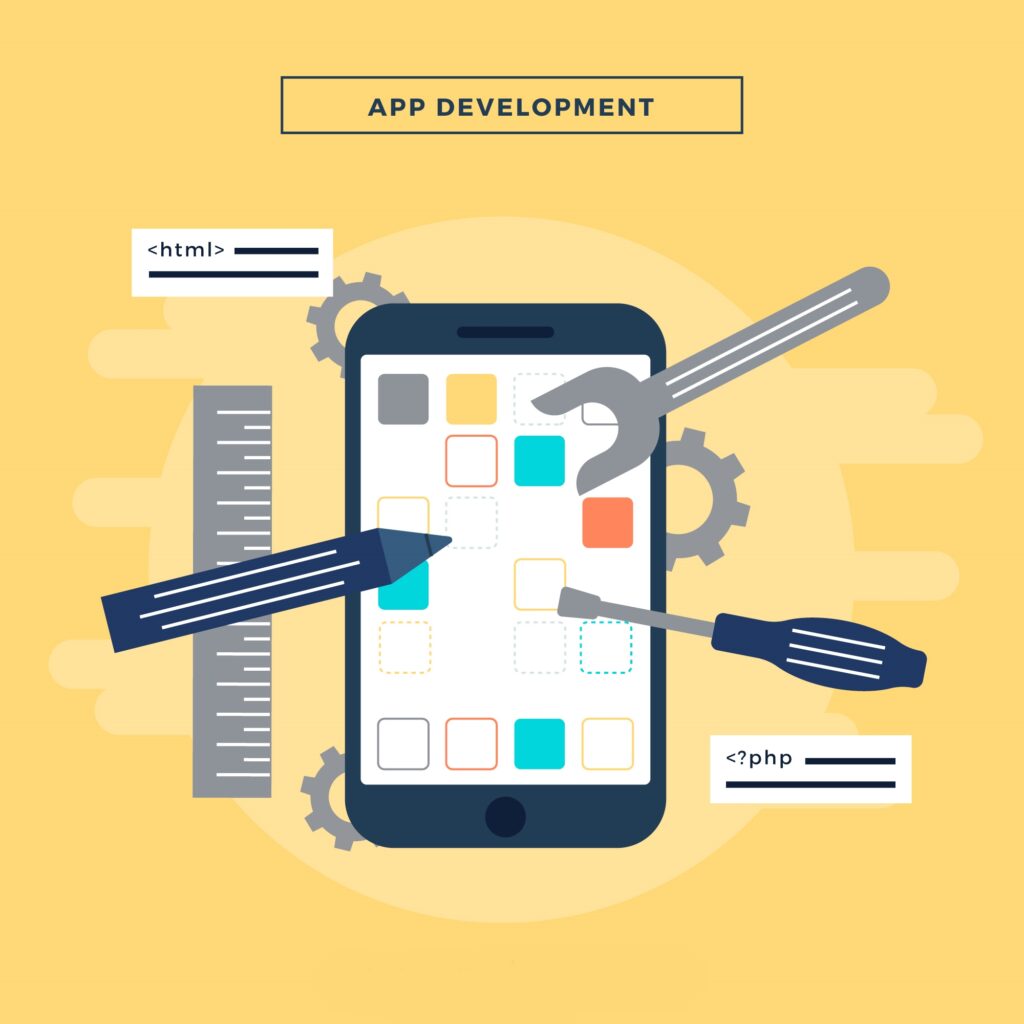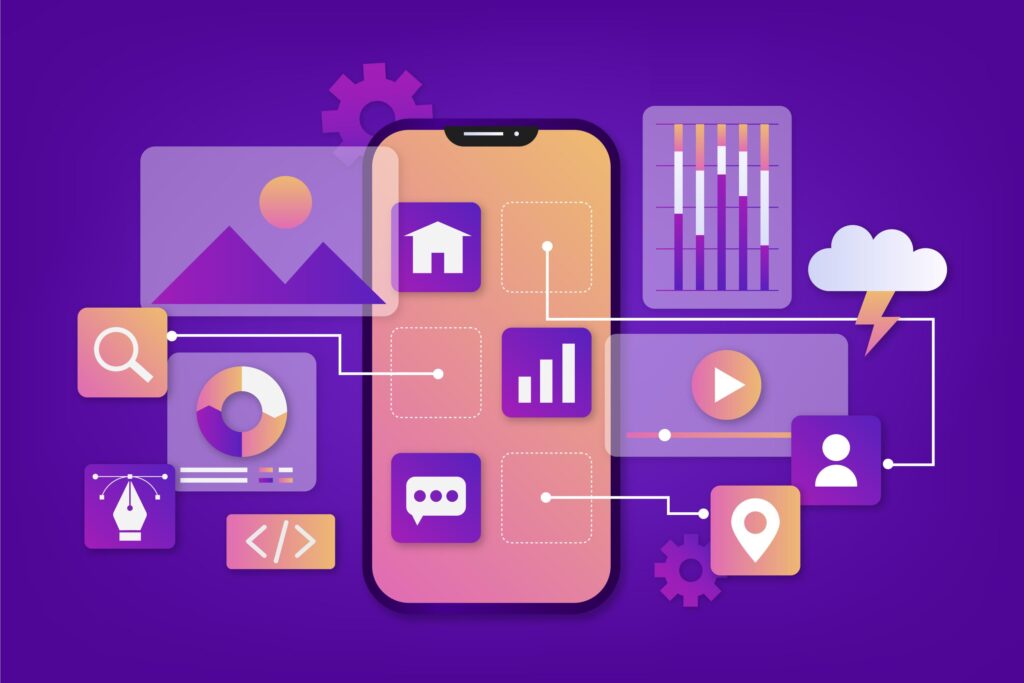Mobile apps have revolutionized the way businesses operate and connect with their customers in today’s digital landscape. However, creating an app that accurately represents a business’s brand and caters to its specific needs can be a daunting task. Effective communication between businesses and mobile app development agencies is essential to ensuring the success of the project.
In this article, we will outline ten essential things that businesses should convey to their chosen mobile app development agency to guarantee a successful app development process.

1. Business Goals and Objectives
The first and foremost thing that businesses need to communicate to a mobile app development agency is their business goals and objectives. This includes the purpose of the app, what it aims to achieve, and how it will fit into the overall business strategy. By sharing these details with the development agency, they will be able to understand the context in which the app will be used, and develop an app that meets the specific needs of the business.
2. Target Audience and User Personas
Knowing the target audience and user personas is essential to the success of a mobile app. Businesses should provide their mobile app development agency with a detailed profile of their target audience, including their age, gender, location, interests, and behavior. This will help the development agency to design an app that meets the needs of the target audience, and create a user experience that is tailored to their preferences and behavior.
3. App Features and Functionality
The next important thing that businesses need to convey to a mobile app development agency is the specific features and functionality that they want in their app. This includes the basic features such as registration, login, search, and checkout, as well as any additional features that are unique to the business. It is important to be clear about the priority of each feature, so that the development agency can allocate resources and budget accordingly.
4. Mobile App Design and User Experience
Design and user experience are critical to the success of a mobile app. Businesses should provide their mobile app development agency with clear design guidelines, branding guidelines, and examples of other apps that they like or dislike. This will help the development agency to create a design that is aligned with the brand and the expectations of the target audience. The user experience should also be carefully considered, including the user journey, the flow of information, and the ease of navigation.
5. Mobile App Development Platform
Businesses should also communicate their preference for the mobile app development platform. There are three primary platforms to choose from: native, hybrid, and cross-platform. Each platform has its own pros and cons, and the choice should be based on the specific needs of the business. The mobile app development agency can help businesses to choose the right platform based on their requirements.
6. Data Security and Privacy
Data security and privacy are critical to the success of any mobile app. Businesses should communicate their requirements for data security and privacy to the mobile app development agency. This includes the security of user data, payment information, and any other sensitive information. The app should be designed and developed to ensure that all data is stored securely and is protected from unauthorized access.
7. Integration with Third-Party Services and APIs
Most mobile apps require integration with third-party services and APIs to provide additional functionality. Businesses should provide their mobile app development agency with a list of the third-party services and APIs that they want to integrate with their app. The development agency can then develop the app to integrate with these services, and ensure that the app works seamlessly with them.
8. Testing and Quality Assurance
Testing and quality assurance are critical to the success of a mobile app. Businesses should communicate their requirements for testing and quality assurance to the mobile app development agency. This includes the testing of all features and functionality, as well as the user experience and performance of the app. The development agency should also conduct quality assurance to ensure that the app meets the highest standards of quality and usability.
9. App Store Optimization (ASO) and Marketing Strategy
Once the app is developed, it is important to ensure that it is visible and discoverable in the app store. Businesses should communicate their requirements for app store optimization (ASO) and marketing strategy to the mobile app development agency. This includes optimizing the app title, description, keywords, and screenshots to improve its visibility in the app store. The development agency should also provide guidance on the marketing strategy to promote the app, including social media, email marketing, and paid advertising.
10. Maintenance and Updates
Finally, businesses should communicate their requirements for app maintenance and updates to the mobile app development agency. This includes regular maintenance and updates to ensure that the app remains up-to-date with the latest technology and operating systems. The development agency should also provide ongoing support to address any issues that arise after the app is launched.
In conclusion, communication is key to the successful development of a mobile app. By conveying their business goals, target audience, app features and functionality, design and user experience, mobile app development platform, data security and privacy, integration with third-party services and APIs, testing and quality assurance, app store optimization and marketing strategy, and maintenance and updates to their mobile app development agency, businesses can ensure that their mobile app meets their specific needs and requirements.


